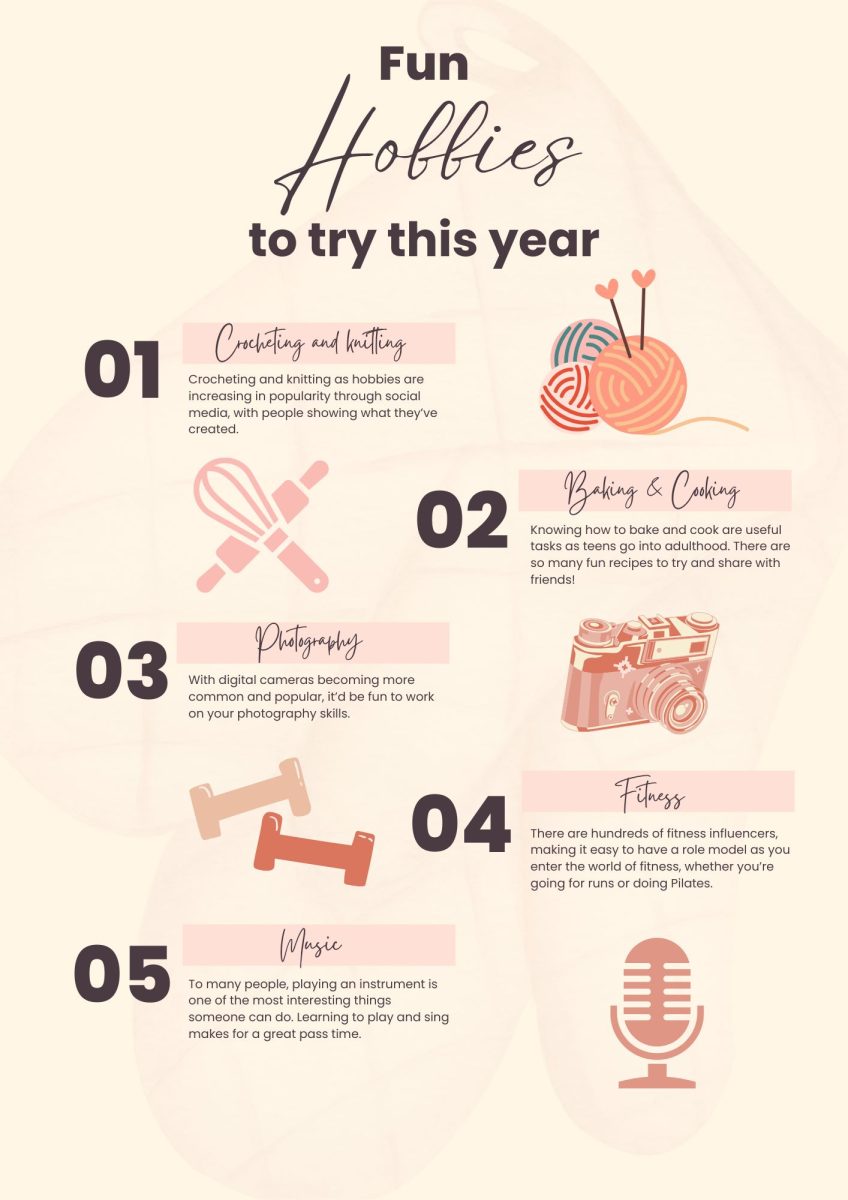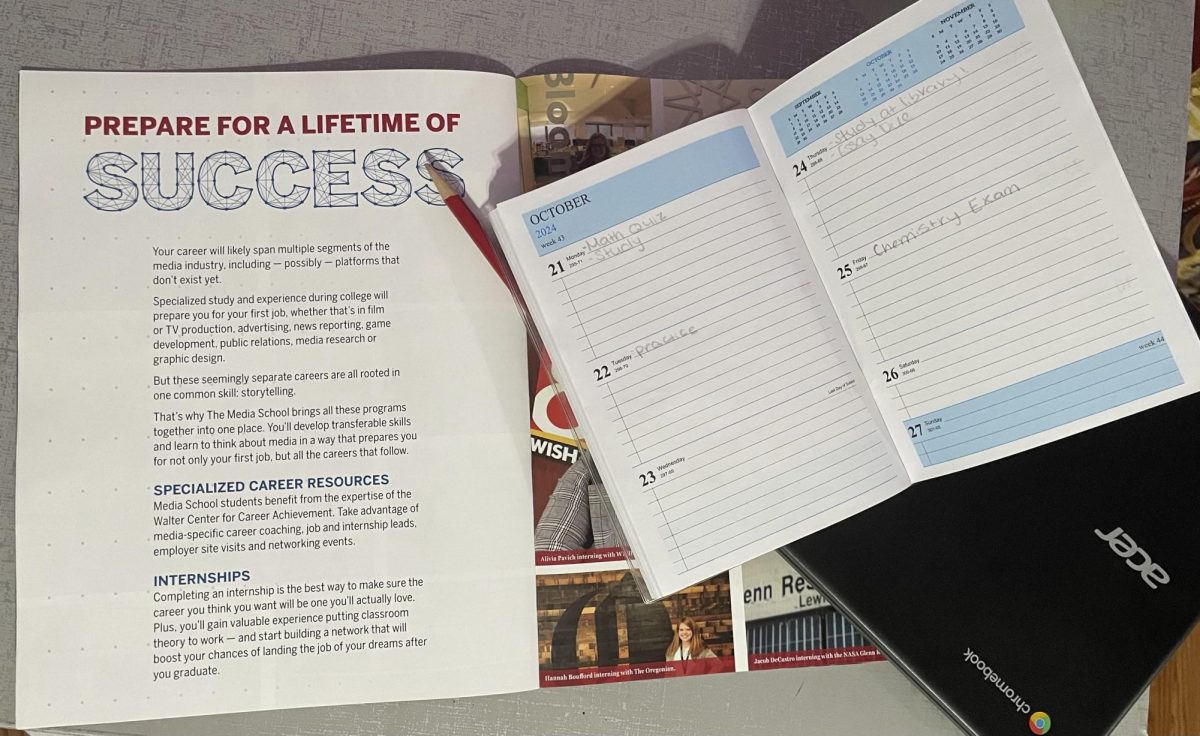It may be hard to differentiate between the truth and the rumors heard in school, but maybe there’s a reason behind the lies.
By Faith Taylor and Kaelin Dodge
Have you ever witnessed an event occur in first period and then hear about it two periods later, but with a new exciting twist? You see two people having a debate and then later hear that there were punches thrown?
“I think students lie to come up with an excuse to get out of things they don’t want to take responsibility for,” sophomore Kelsey Humphrey said. “Rumors are spread when one person decides to make a story more interesting. It’s not that everyone who tells the story is a liar, it is just that people are spreading what they hear. Confusion leads to rumors because one person may see something one way whereas someone else sees it another, and then the true story is twisted into something else.”
Rumors are circulated in the same way the game of telephone is played; the beginning story is told and gets distorted along the way.
“I think rumors are harmful because a lot of times they aren’t true,” sophomore Brianna Hughes said. “When people make up stories, it is not always a harmless white lie, it can directly hurt someone, whether it be their feelings or how other people see them. More often than not, rumors are told with a negative intention. Then, if the people go on to deny it, others assume they are denying it because it’s true.”
Often, students will jump at the chance to share their experience, despite the fact they were not involved.
“We lie to protect or project a certain image,” AP Psychology teacher Mrs. Ashley Manger said. “Inherently, we all seek approval from others. When we act in a non-virtuous manner or fail to act courageously, we lie to cover up our behavior.”
Some students feel the need to lie to their peers so as to gain respect and give off the image of being cool and or in the loop.
“From a psychological perspective, most research supports the number one reason people lie is to protect themselves from suffering painful consequences,” Mrs. Manger said. “We lie to avoid shame, embarrassment, or conflict.”
When randomly selected students were asked if they were aware or had any knowledge about false current events occurring in school, a select few lied saying they had knowledge about these false events.
When asked about a fictitious fight, one student claimed, “I didn’t see it, but I heard about it. I don’t know who it was, I don’t know where it was, I just heard about it through friends.”
There was no fight at the time asked, yet students claimed to have heard about it.
Students are quick to believe anything they hear whether it’s coming from a reliable, direct source or not. Because of this, rumors are able to circulate at a much quicker rate.
An anonymous student said when in an uncomfortable situation where they are unaware of the topic at hand, they lie to feel included in the conversation.
“We tell people what they want to hear,” Manger said. “We think we need to answer in a certain way to meet the expectations of our audien







